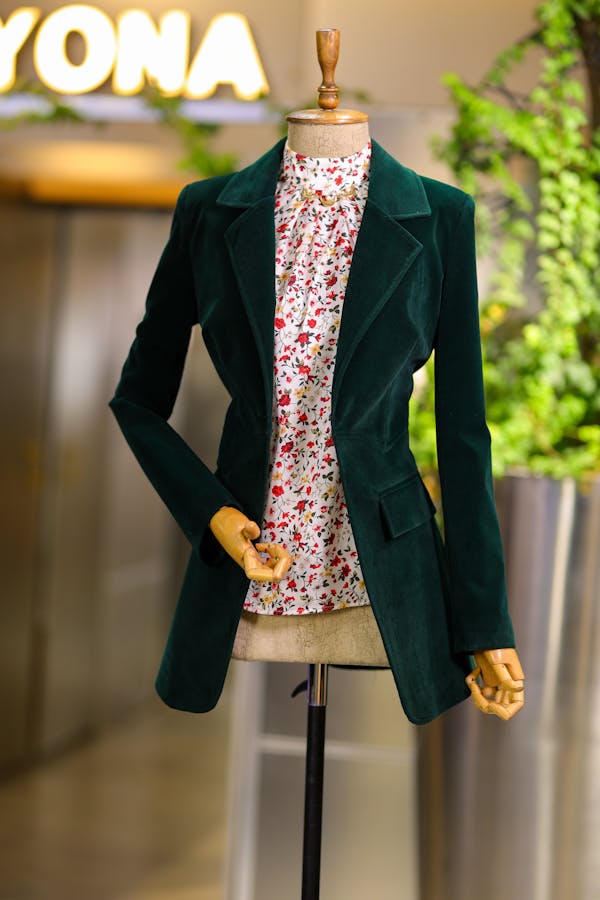Fashion, an ever-evolving expression of style and individuality, transcends mere clothing choices to become a powerful reflection of societal trends, cultural influences, and personal identity. It is an art form that intertwines history, innovation, and creativity, shaping the way we perceive ourselves and the world around us. From the runways of Paris to the streets of Tokyo, fashion serves as a universal language, speaking volumes about who we are and what we value.
At its core, fashion is more than just the clothes we wear. It embodies the zeitgeist of an era, encapsulating the prevailing attitudes, beliefs, and aspirations of a society. Throughout history, fashion has been a catalyst for social change, challenging norms and redefining boundaries. From the corsets of the Victorian era to the miniskirts of the 1960s, clothing has often been used as a form of rebellion, signaling shifts in cultural attitudes towards gender, class, and sexuality.
Moreover, fashion serves as a canvas for self-expression, allowing individuals to communicate their identity and personality through their clothing choices. Whether it’s the flamboyant outfits of a drag queen or the minimalist chic of a business executive, fashion enables us to construct and project our desired image to the world. In a world of increasing homogenization, where trends are often dictated by mass media and celebrity culture, fashion offers a means of asserting our individuality and asserting our uniqueness.
Yet, fashion is not solely about self-expression; it is also a multi-billion dollar industry that drives economies and shapes global trends. From haute couture to fast fashion, the fashion industry encompasses a diverse range of players, from designers and manufacturers to retailers and consumers. In recent years, there has been a growing emphasis on sustainability and ethical practices within the industry, as consumers become more conscious of the environmental and social impact of their fashion choices. This shift towards sustainability reflects a broader societal awareness of the need for more responsible consumption patterns and a rejection of the throwaway culture that has characterized much of the fashion industry in the past.
Furthermore, fashion is a form of creative expression that transcends geographical boundaries, uniting people from diverse cultures and backgrounds through a shared appreciation of aesthetics. The globalization of fashion has led to a rich cross-pollination of ideas and influences, as designers draw inspiration from different cultures and traditions to create innovative and eclectic collections. From the vibrant prints of African textiles to the intricate embroidery of Indian saris, fashion has become a melting pot of cultural influences, enriching the creative landscape and challenging conventional notions of beauty and style https://championcollegesolutions.com/.
In conclusion, fashion is a multifaceted phenomenon that encompasses much more than just the clothes we wear. It is a reflection of our culture, identity, and creativity, serving as a mirror to society’s values and aspirations. Whether we are expressing our individuality through our clothing choices or participating in the global conversation of fashion, we are all part of this dynamic and ever-evolving industry that shapes the way we present ourselves to the world.










